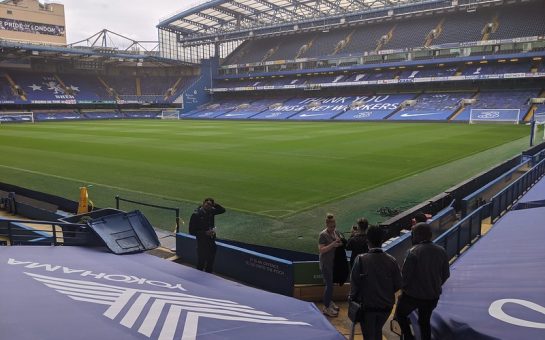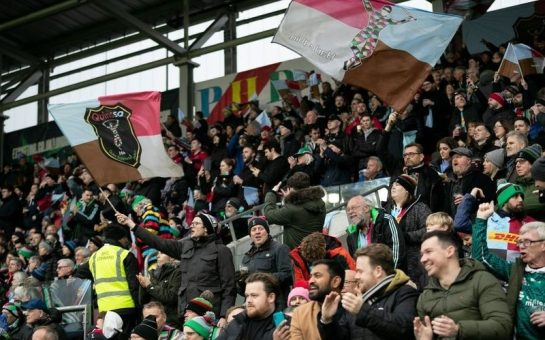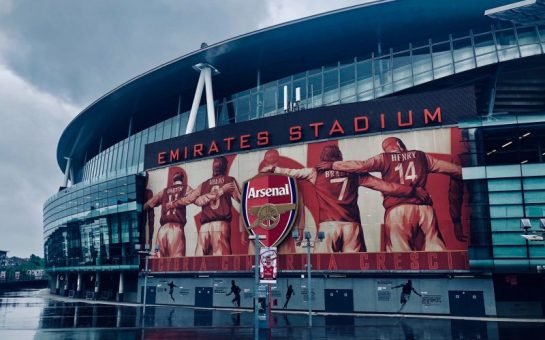Alex Wheatle, who was jailed in his part for in the Brixton riots, believes there are similarities between the 1981 uprising and the London riots.

An award-winning author jailed during the 1981 Brixton riots believes the troubles which hit London this summer were not simply a case of mindless thuggery.
Alex Wheatle, 47, jailed for his part in the riots over 30 years ago, believes there are identical circumstances surrounding Brixton 1981, and what has now become known as Tottenham 2011.
These include high unemployment levels, cutbacks in the service sector and the economic crisis.
However, while he dismisses the term mindless thuggery when talking about the August riots, he does not believe there were any political motivations behind the violence.
“There are similar circumstances in 2011 as they were in 1981,” said Mr Wheatle.
“You have very high youth unemployment, deep cuts to services and of course a financial downturn.
“What is interesting about 2011 is that we now have a young generation, because of the financial crash in 2008, who will have a worse standard of living than their parents.
“The main purpose was to smash shops and loot. It was a shame because the initial protest and vigil in Tottenham was a just one.
“Over 300 young black people have died in police custody/supervision and no policeman has ever been convicted.
“From demanding the police to be accountable for their actions the talk is now of feral youth.”
And he asserts that there is still an issue of trust between the police and Brixton’s black community.
While he does feel that relations between the two sides have improved in the past three decades, there is still an element of distrust harboured towards the law enforcers, especially their stop and search tactic.
“Recent figures show that young black males are stopped up to eight times more than their white counterparts – a very high proportion of these stop and searches never lead to a prosecution,” he added.
“This tactic has always been a sore wound in the black community.
“Relations have improved with the police since 1981 but at a very slow rate.
“Until the police and the government address the deaths in custody issue and the stop and search policy they will always be seen as not to be trusted by a sizable part of the black community.”
Mr Wheatle is frustrated the same issues are present in society despite the perceived progress made since 1981.
“I’m very disappointed that we’re still dealing with issues of inequality and injustice so many years after the Brixton uprising of 1981,” he said.
“We cannot fully move on until society is fairer, the police are made accountable for their actions and the government eases up in the deep cuts in youth services.”




